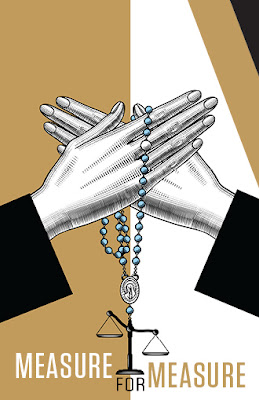Remember last year when I confessed that after a quick trip down to Florida, I came home with thirty books after visiting some of my favorite secondhand bookstores?
Just One Damned Thing After Another was one of them. I was browsing the shelves at (you guessed it) The Book Shelter and that title popped out at me. I had never heard of it or the author Jodi Taylor, but you can't just pass by a spine like that without at least seeing what it's about. And when I turned it over and the first thing I read in big bold print was "the bestselling British madcap time-travelling series that seems to be everyone's cup of tea", then flipped open the front cover and saw that in place of a dedication, Jodi Taylor had written, "I made all this up. Historians and physicists—please don't spit on me in the street."—I decided it needed to come home with me. After reviewing the open slots on my bingo card, it was the obvious choice for "an impulse buy" and I found myself reading it at the end of the year.
Unfortunately, it was a flop.
According to the back cover: "Jodi Taylor is, and always has been, a history nut. Her Chronicles of St. Mary's, a wild mix of history, adventure, comedy, romance, tragedy, and anything else the author could think of, began as a self-published book called Just One Damned Thing After Another. It's now a bestselling, wildly addictive series." I had a hard time finding anything about the publication history of this book on the internet, but it's copyrighted 2013 in my edition and was published by Night Shade Books. I'm not sure what journey it took between its self-published beginnings to now being a twelve book series with the thirteenth book set to come out this summer, and I'm equally unsure how the term "addictive" could be applied to it, but apparently Jodi Taylor has found her audience. I'm just not in it.
So what's it about? Hard to say. Let me refer again to the back cover: "The Chronicles of St. Mary's tells the chaotic adventures of Max and her compatriots—Doctor Bairstow, Chief Leon Farrell, Mr. Markham, and many more—as they travel through time, saving St. Mary's (too often by the very seat of their pants) and thwarting time-travelling terrorists, all the while leaving plenty of time for tea. From eleventh-century London, to World War I, from the Cretaceous Period to the destruction of the Great Library at Alexandria, one thing is for sure: wherever the historians at St. Mary's go, chaos is sure to follow in their wake."
And, in fact, "chaotic" is the perfect word to describe this book. The plot (if you can call it that) is muddled at best, the multitude of characters unmemorable and nearly impossible to keep track of (I eventually just put a bookmark in the character list at the front because I was flipping back to it nearly every time a character's name was mentioned), and the writing was just bad (it did seem like the author shoved in every possible thing she could think of). Taylor definitely has a gift for humor, but this book would need a serious overhaul from a fantastic editor to make it worthwhile. Any kind of meaningful development was entirely nonexistent. At one point, Max referenced the fact that she'd been at St. Mary's for five years. If you had asked me how much time I thought had passed, I would have said only a few months. The "romance" is so out of left-field it comes as more of a shock than anything. And at no point did I ever feel even a hint of sadness when a character died. It just wasn't great.
One would hope that the writing improves as the series continues, but that's not a rabbit-hole I'll be falling down any time soon.
The tl;dr version: fun premise, poor execution.
Have you heard of this series? If yes, are you a fan?


